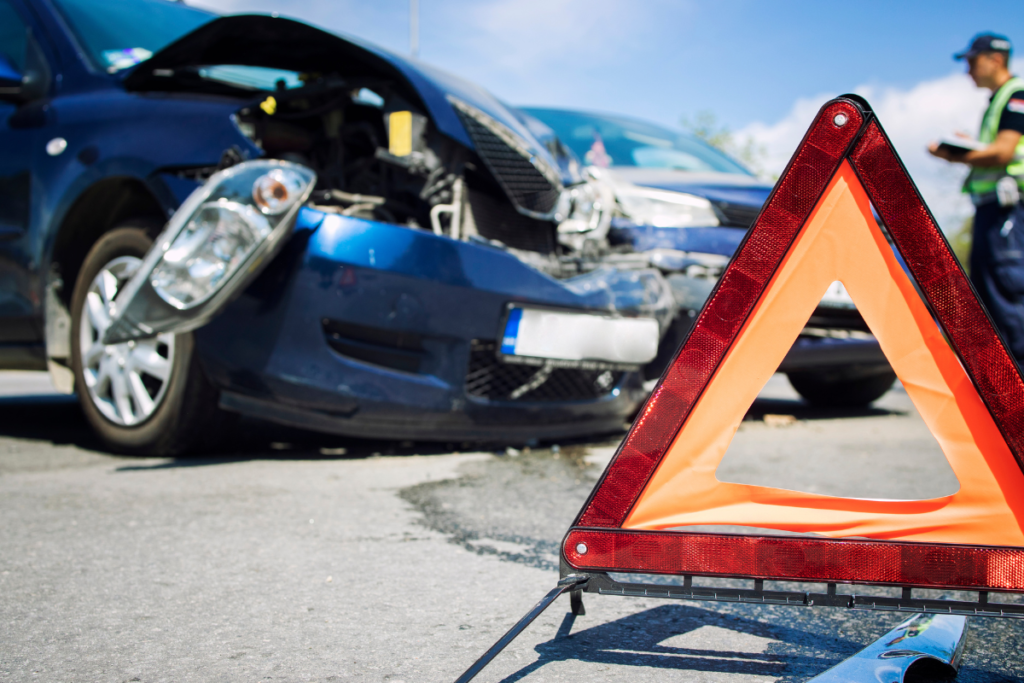Whether minor or major, being in an automobile accident can be a stressful experience. Your mind could be racing in the immediate aftermath with worries about damage, injuries, and actions to take. Notifying your insurance company after a car accident is among the most important things you should do. Many drivers hesitate to do this, usually out of concern that their premiums would rise, but skipping to report can have far worse consequences.
Even if the damages seem small, you should always report your car accident to your insurance company. Making sure your insurance company knows about the incident guarantees that, should you have a claim later, they are aware of it. Actually, failing to document the accident could violate the terms of your policy and result in fines or possibly coverage denial.
Why Reporting a Car Accident Is Crucially Important
Regarding vehicle accidents, damage and injuries may not always be seen at the scene. Sometimes, injuries like whiplash start days after the collision, or what appears to be a minor dent could become a costly repair upon more thorough vehicle inspection. By reporting the accident, your insurance provider has a clear record from the beginning, thereby protecting you should damage or injuries develop.
You have to notify your insurance company of an accident for these primary reasons:
- Policy Requirements: Regardless of fault, almost every car insurance policy mandates drivers to report any accidents. Should you neglect to do so, you might be penalized, and your insurer might refuse to pay for the injuries or damages. Reporting the accident guarantees that you stay within the limits of your policy.
- Hidden Damages: What apparently looks like a small scratch or bump might hide major internal damage to your car. A minor fender bender might, for example, conceal damage to important parts, including sensors or electronics. Ignoring the accident could make you liable for much more than first anticipated repair expenses.
- Unseen Injuries: Not always are injuries immediately obvious. The development of whiplash, soft tissue damage, or other injuries might be seen days or even weeks after the collision. Early reporting of the accident guarantees coverage for any later medical expenses, protecting you from out-of-pocket costs.
How Your Insurance Company Might Be of Use
Reporting an accident also helps because your insurance company can help you negotiate the repair process. By suggesting reliable service providers and handling payments, your insurer can help to ease the repair of your car. This guarantees that your car is fixed correctly and helps you to relax about handling everything on your own.
Your insurance company can assist should the other accident victim prove to be uninsured or underinsured. Given you reported the incident right away, they will cover your expenses under uninsured motorist coverage. If you have any issues communicating with your insurer or getting claims processed, you may need additional support. Some of the best car accident lawyers in Atlanta GA can help you navigate the legal side of things and make sure your rights are protected. Georgia law has specific timelines and requirements for accident claims, so having a local expert can make a difference.
Reporting an Accident vs. Filing a Claim
It’s important to differentiate between claiming a fault and reporting an accident. Not always will your insurance premium rise once the accident is reported. Conversely, depending on the circumstances, submitting a claim might result in a premium adjustment. Reporting allows your insurer to record the occurrence and evaluate whether further action is required.





